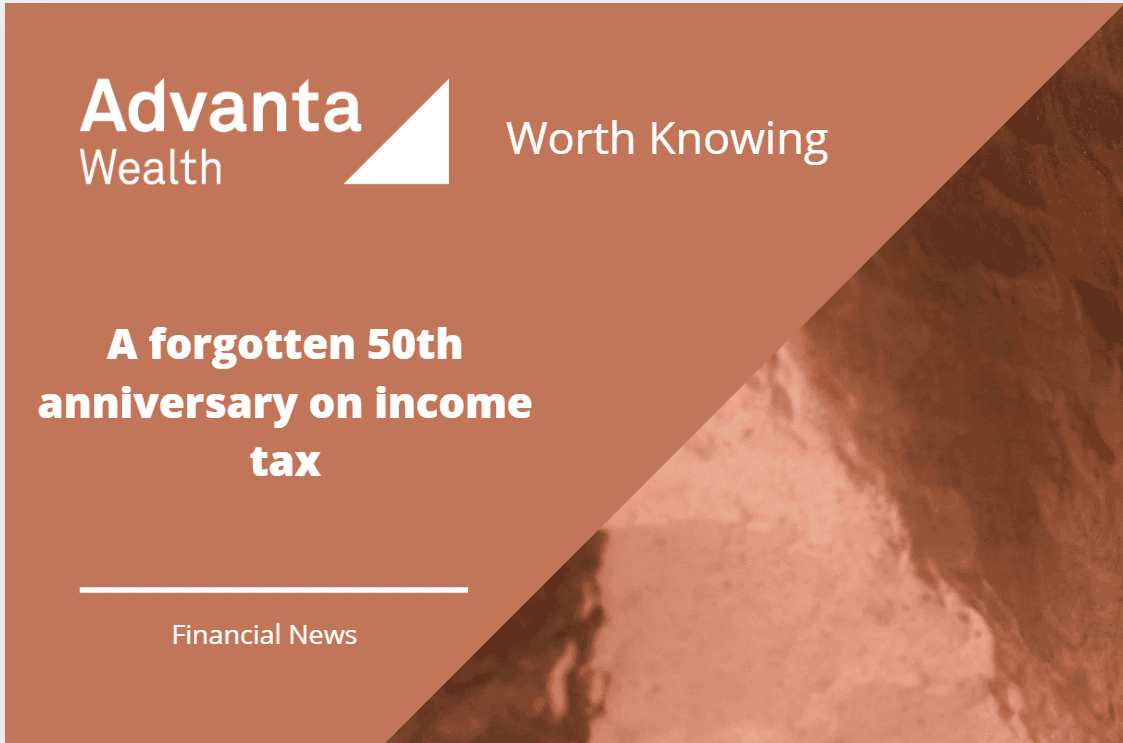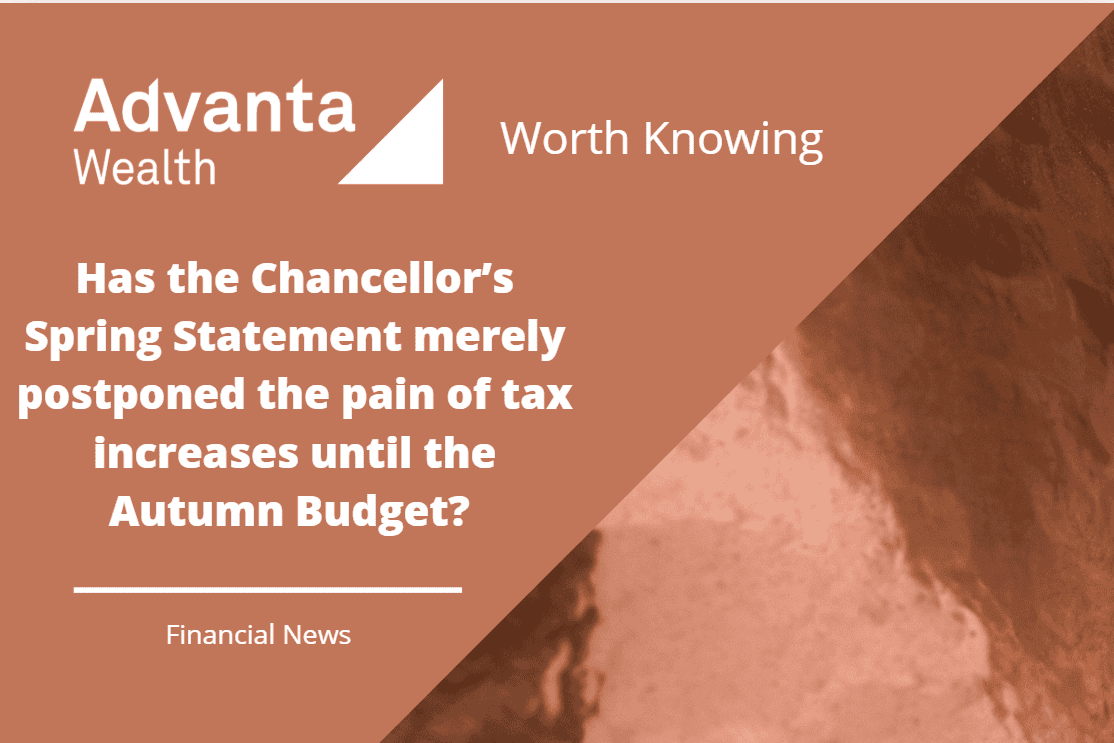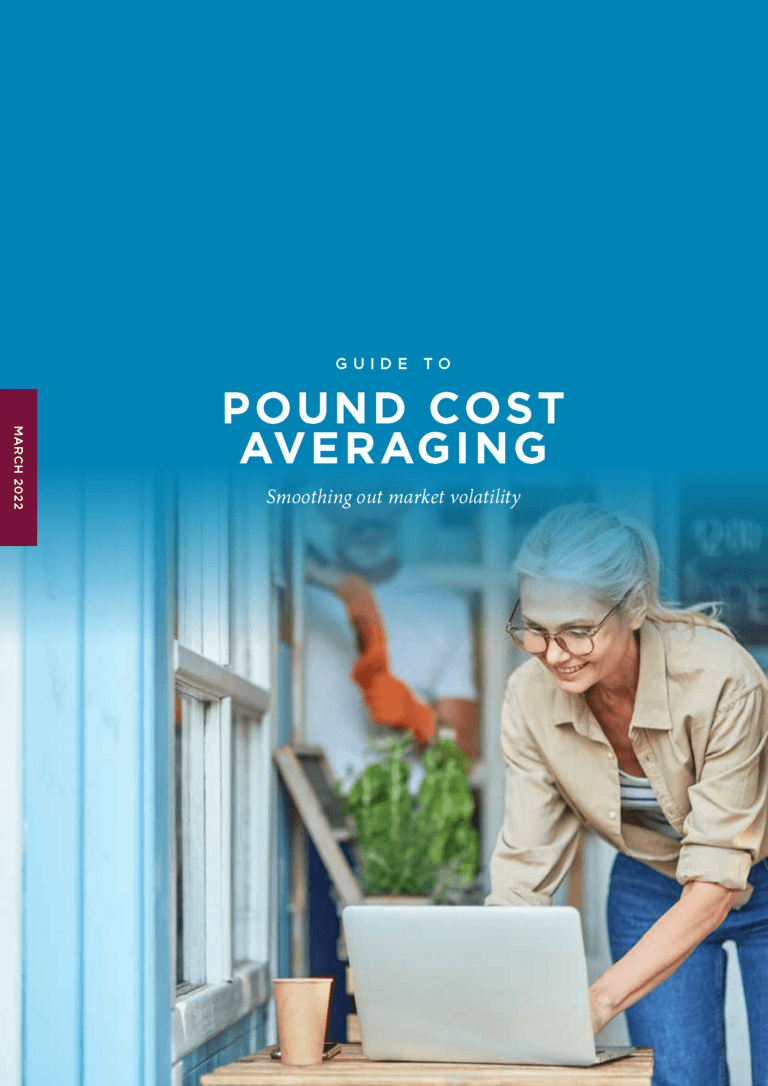Retirement plans being put in jeopardy
Pandemic threatens pushing over 50s into pension poverty
More than half (53%) of people in their 50s fear running out of money in retirement, as they have been the most likely to face job and income losses of any age group during the coronavirus (COVID-19) pandemic (23%), according to a new report[1].
Finances impacted
The number of those over 55 dipping into their pension early has increased this year, as some have struggled to pay for essentials during the pandemic. The report reveals that one in three people in their 50s (37%) have seen their finances impacted during the pandemic, more than any other age group. Faced with job losses and their pension contributions fall or stop altogether, 13% now believe they will never be able to afford to give up work.
To tide them over, an increasing number of over 55s have been taking advantage of pension freedoms and accessing their retirement savings early. In the first three months of 2021 alone, 383,000 people withdrew money from their pension, a 10% jump on the same period last year.
Company scheme
As well as putting their retirement plans in jeopardy, some people may face an unexpected tax Income Tax bill if they continue saving into a pension after they have withdrawn money from a pension. This could happen for anyone made redundant who then re-joins the workforce and is enrolled into the company scheme.
Current rules state that savers can put £40,000 into their pension each year (including employee and employer contributions) and receive tax relief on these savings. Basic rate taxpayers receive 20% pension tax relief and higher-rate taxpayers 40% pension tax relief.
Living costs
However, once someone accesses their pension, no matter how small the amount they take out, Money Purchase Annual Allowance (MPAA) rules means the amount they can save in a year and still obtain tax relief falls significantly to just £4,000 per year. Anything they pay in over this limit will attract a bill from the taxman.
The later middle-aged have not enjoyed the ‘offsetting’ benefits of the pandemic – such as a cut on commuting costs and reduced leisure activity costs – that other age groups have, with only one in six (16%) reporting a decrease in living costs compared to a quarter (25%) of those in their 20s.
At the same time, one in five workers (17%) in their 50s are self-employed, compared to only 12% of 25–49-year-olds.
Challenging time
With less job security, a lower income on average and well-publicised issues accessing government support, COVID-19 has made it a challenging time to be self-employed. More than half of people who work for themselves have seen their finances suffer, compared to 25% of permanent employees.
While we’re right to be worried about the lasting impacts of this pandemic on all age groups, those in their 50s need to act urgently to get their savings back on track before retirement, having been forced to use their existing savings just to get by. 3
Source data:
[1] Scottish Widows Retirement Report, the research included general questions on pensions and retirement planning and was carried out online by YouGov Plc across a total of 5,059 adults aged 18+. Data was weighted to be representative of the GB population. Fieldwork was carried out between 23rd March and 3rd April 2021 through a 15-minute online survey. 5,059 interviews were carried out. The sampling criteria were based on four key metrics: age, gender, region and social grade.
A PENSION IS A LONG-TERM INVESTMENT NOT NORMALLY ACCESSIBLE UNTIL AGE 55 (57 FROM APRIL 2028). THE VALUE OF YOUR INVESTMENTS (AND ANY INCOME FROM THEM) CAN GO DOWN AS WELL AS UP WHICH WOULD HAVE AN IMPACT ON THE LEVEL OF PENSION BENEFITS AVAILABLE. YOUR PENSION INCOME COULD ALSO BE AFFECTED BY THE INTEREST RATES AT THE TIME YOU TAKE YOUR BENEFITS.
THE TAX IMPLICATIONS OF PENSION WITHDRAWALS WILL BE BASED ON YOUR INDIVIDUAL CIRCUMSTANCES, TAX LEGISLATION AND REGULATION WHICH ARE SUBJECT TO CHANGE IN THE FUTURE. YOU SHOULD SEEK ADVICE TO UNDERSTAND YOUR OPTIONS AT RETIREMENT.
ACCESSING PENSION BENEFITS EARLY MAY IMPACT ON LEVELS OF RETIREMENT INCOME AND YOUR ENTITLEMENT TO CERTAIN MEANS TESTED BENEFITS AND IS NOT SUITABLE FOR EVERYONE. YOU SHOULD SEEK ADVICE TO UNDERSTAND YOUR OPTIONS AT RETIREMENT.
Content of the articles featured in this publication is for your general information and use only and is not intended to address your particular requirements or constitute a full and authoritative statement of the law. They should not be relied upon in their entirety and shall not be deemed to be, or constitute advice. Although endeavours have been made to provide accurate and timely information, there can be no guarantee that such information is accurate as of the date it is received or that it will continue to be accurate in the future. No individual or company should act upon such information without receiving appropriate professional advice after a thorough examination of their particular situation. We cannot accept responsibility for any loss as a result of acts or omissions taken in respect of any articles.For more information please visit www.goldminemedia.co.uk








